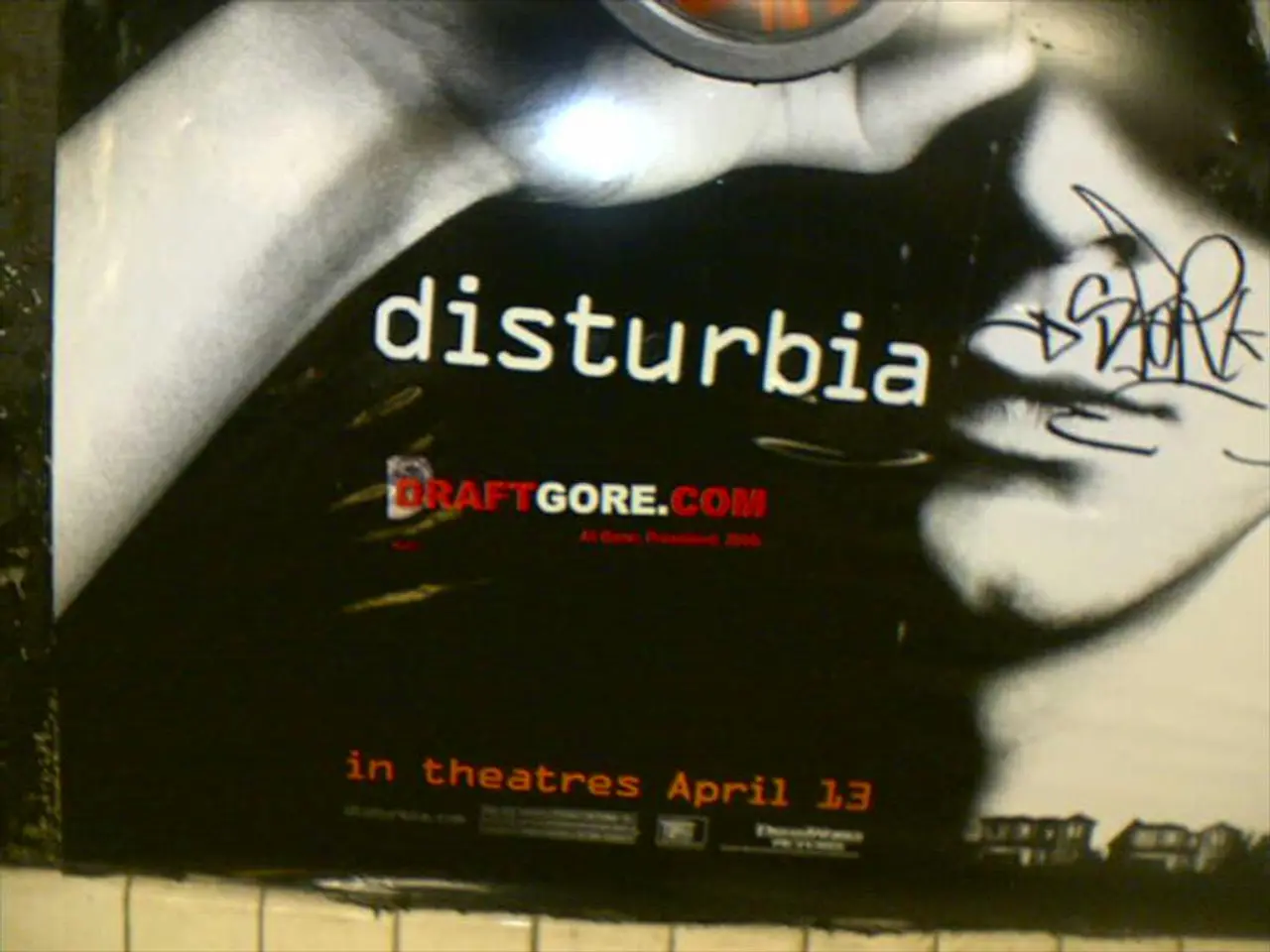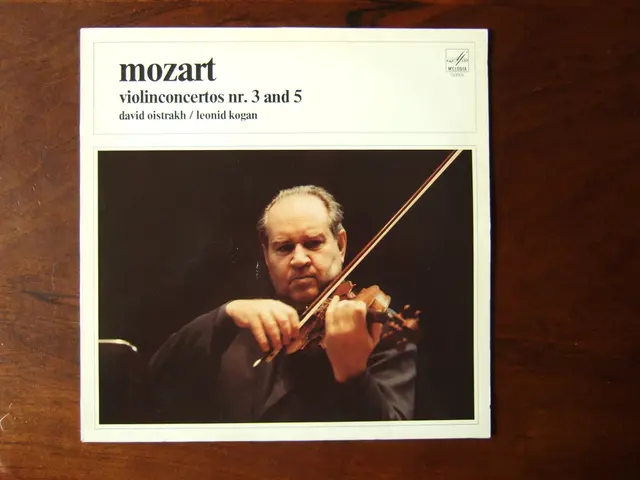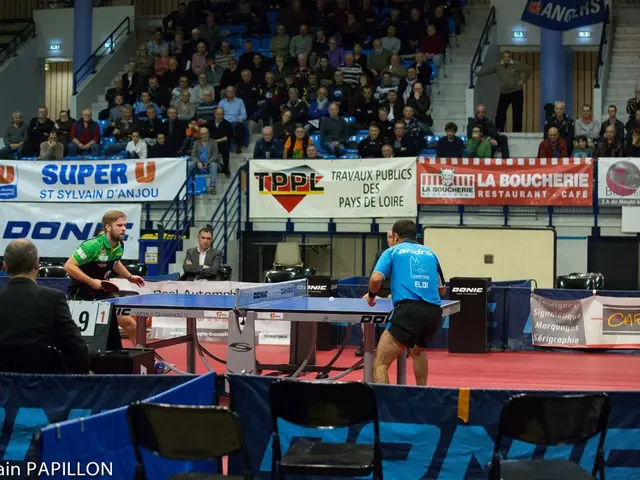New York City Postpones Immediate Registration Timeline for Short-Term AirBnB Rentals
================================================================================================
In the heart of New York City, a legal battle between Airbnb and the city authorities is causing concern among homeowners and hosts who rely on short-term rentals. Here's a breakdown of the key points in this ongoing dispute.
Background of the Dispute
The city has imposed strict regulations on short-term rentals, such as Local Law 18, which significantly limits the operations of hosts on platforms like Airbnb. This law requires hosts to register their properties and adhere to specific rules, which many find restrictive. For instance, hosts cannot lock off private areas or rent out entire homes while they are away, limiting their options for hosting families or groups larger than two guests.
Impact on Hosts
Many hosts are facing financial losses due to these restrictions. A couple in Prospect Lefferts Gardens had to cancel 27 bookings, resulting in thousands of dollars in lost income. They also faced challenges in listing their space correctly on Airbnb due to the city's categorization requirements.
Legal Actions Against Hosts
There have been several legal actions against homeowners who have violated these laws. A homeowner in Kew Gardens faces a lawsuit for running a seven-unit illegal Airbnb hotel, with fines totaling $420,000. Additionally, eight homeowners were sued for operating Airbnb rentals they believed were legal, highlighting the complexity and potential legal risks for hosts.
Proposed Changes
Some hosts are advocating for changes to the laws, such as supporting Intro 1107, which aims to ease current restrictions. This reflects a broader frustration among hosts who feel the current laws infringe on personal freedoms and make it difficult to offer affordable accommodations.
Additional Conflicts
Beyond the legal disputes over regulations, there are also issues of trust and accountability. For example, a London woman accused a Manhattan Airbnb superhost of using AI-generated images to falsely claim damages, illustrating the broader challenges of ensuring honesty and transparency in short-term rentals.
Current Status
Airbnb has stated that it will continue to support hosts and fight to prevent the elimination of the short-term rental market in New York City. The company is currently working to reach an agreement with the city to ensure continuation of rental opportunities for hosts and tourists. The law, set to go into effect in July 2022, has been delayed until September 5, providing Airbnb with additional time to litigate its case against the city.
In an emailed statement to Gizmodo, Airbnb's attorney, Karen Dunn, stated that the rules under Local Law 18 are "literally impossible for regular people to comply with." The lawsuit claims that Local Law 18 would effectively ban all short-term rentals in the city. The delay comes after Airbnb sued the city in June 2022, in conjunction with three local hosts.
The registration requirements under the law include providing personal and private information like income, the number of people unrelated to the host, and informing the New York City Mayor's Office of Special Enforcement (OSE) about changes in romantic partners. The suit also accuses the city of implementing an "extreme and oppressive regulatory scheme."
In the email to hosts, Airbnb expressed hope that the city will collaborate with them to find solutions that allow regular New Yorkers to share their homes. The company also reassured hosts that summer bookings will not be affected by the law's delay. Dunn, in a statement to Gothamist, expressed hope that the city will use the extra time to collaborate with Airbnb on a sensible alternative solution.
The ongoing legal dispute between Airbnb and New York City highlights the ongoing tensions between the need for affordable accommodations and the enforcement of strict short-term rental laws.
The future of short-term rentals in New York City could be influenced by the ongoing legal battle between Airbnb and the city authorities, as the company has stated it will continue to advocate for changes to the current laws that they deem impossible for regular people to comply with. In a broader context, this dispute raises questions about the balance between personal freedoms and the enforcement of strict technology-based regulations in the tech and entertainment industry.








